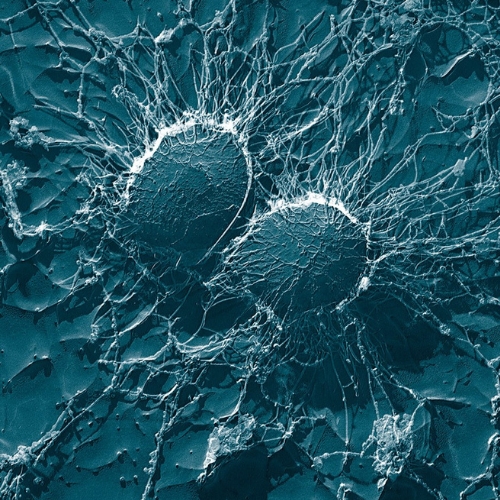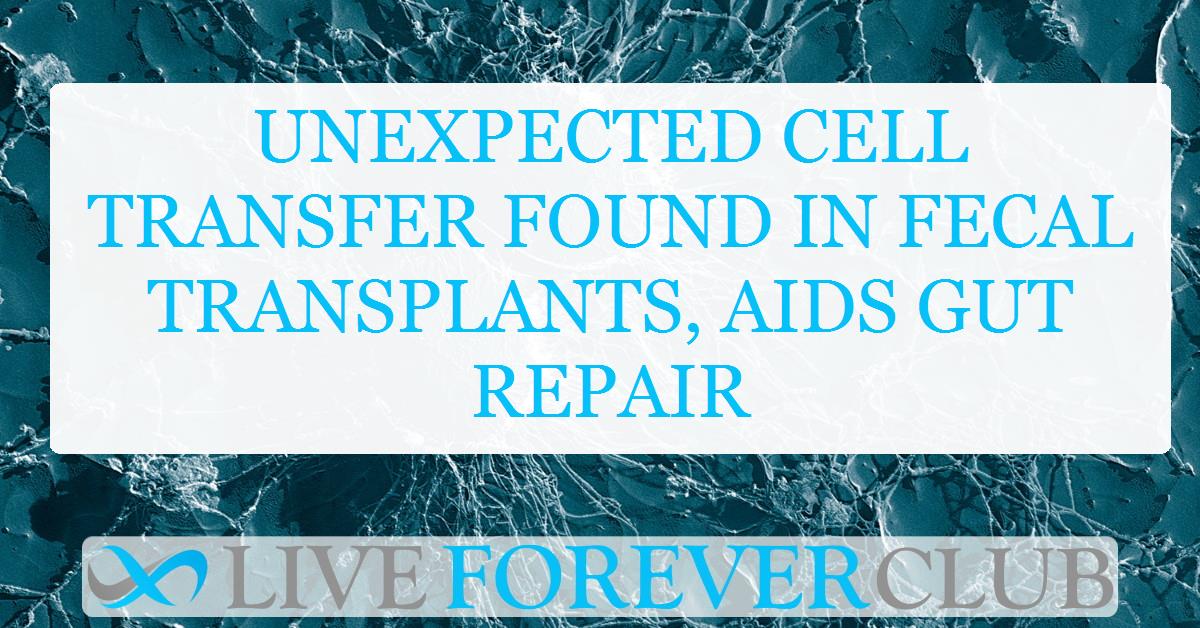Key points from article :
A recent study by Johns Hopkins Medicine has expanded our understanding of fecal microbiota transplants (FMT) in restoring gut health. FMT involves transferring stool from healthy donors into patients suffering from recurrent Clostridioides difficile (C. difficile) infections, which cause debilitating diarrhea and inflammation. Conventional antibiotics often fail to provide lasting relief for these patients, but FMT has shown promise by reintroducing beneficial bacteria that antibiotics may deplete.
Published in Journal of Gastro Hep Advances, the study took an unexpected turn by detecting genetic material from male Y chromosomes in female patients who received FMT from male donors. This finding suggests that FMT may transfer not only bacteria but also donor intestinal epithelial cells, which line and protect the gut. The researchers believe these epithelial cells could enhance gut healing, potentially offering benefits beyond microbial restoration alone.
These cells might support the structural integrity of the gut, aiding in epithelial repair. Over a 24-month period, researchers analyzed samples from 30 healthy donors and 22 FMT patients, finding Y chromosomes in 33% of female recipients from male donors. This indicates a more complex interaction between donor cells and the recipient’s gut environment than previously known.
While these findings are preliminary, they raise the possibility that FMT may involve a “cell engraftment” process that helps rebuild the gut’s epithelial lining. More research is necessary, especially in female patients receiving FMT from male donors, to further explore this cellular transfer.
The study, supported by foundations like the Weinberg and Frenkil Foundations, was conducted at Sinai Hospital of Baltimore, with analyses at Johns Hopkins University. This research may pave the way for advanced therapies targeting both microbiota and gut structure.






